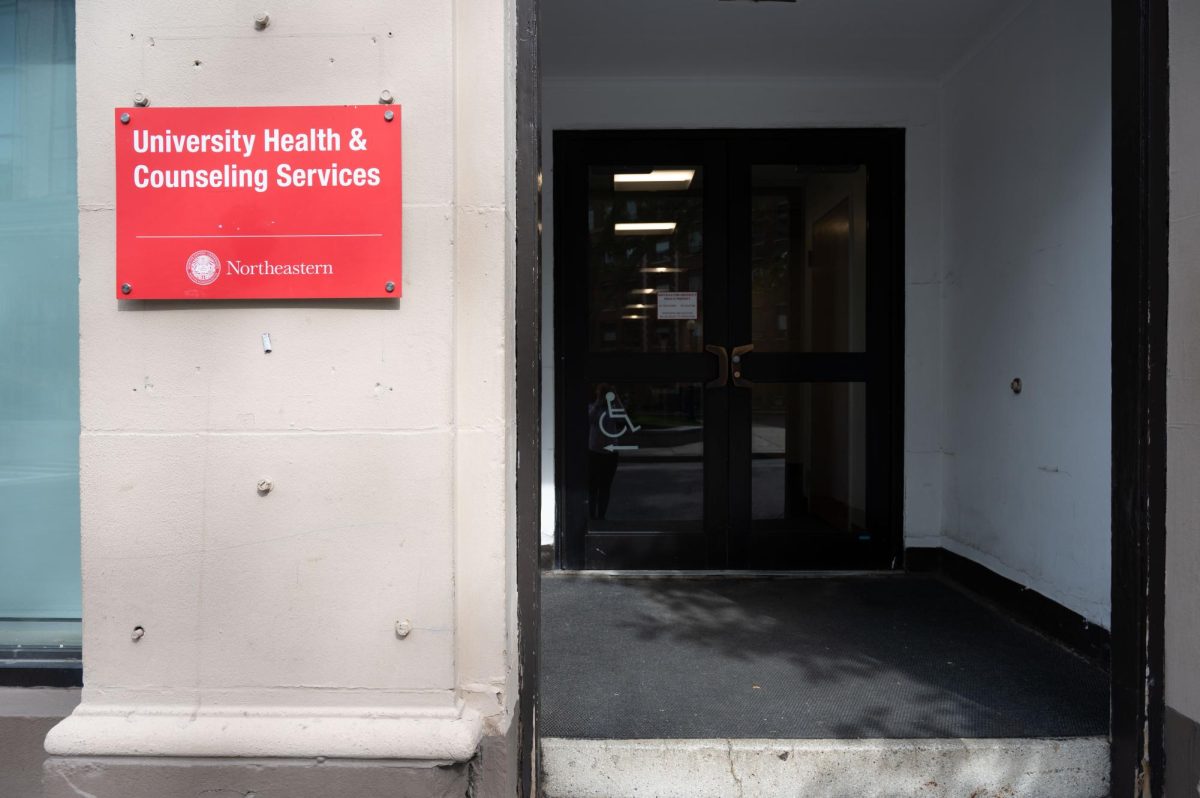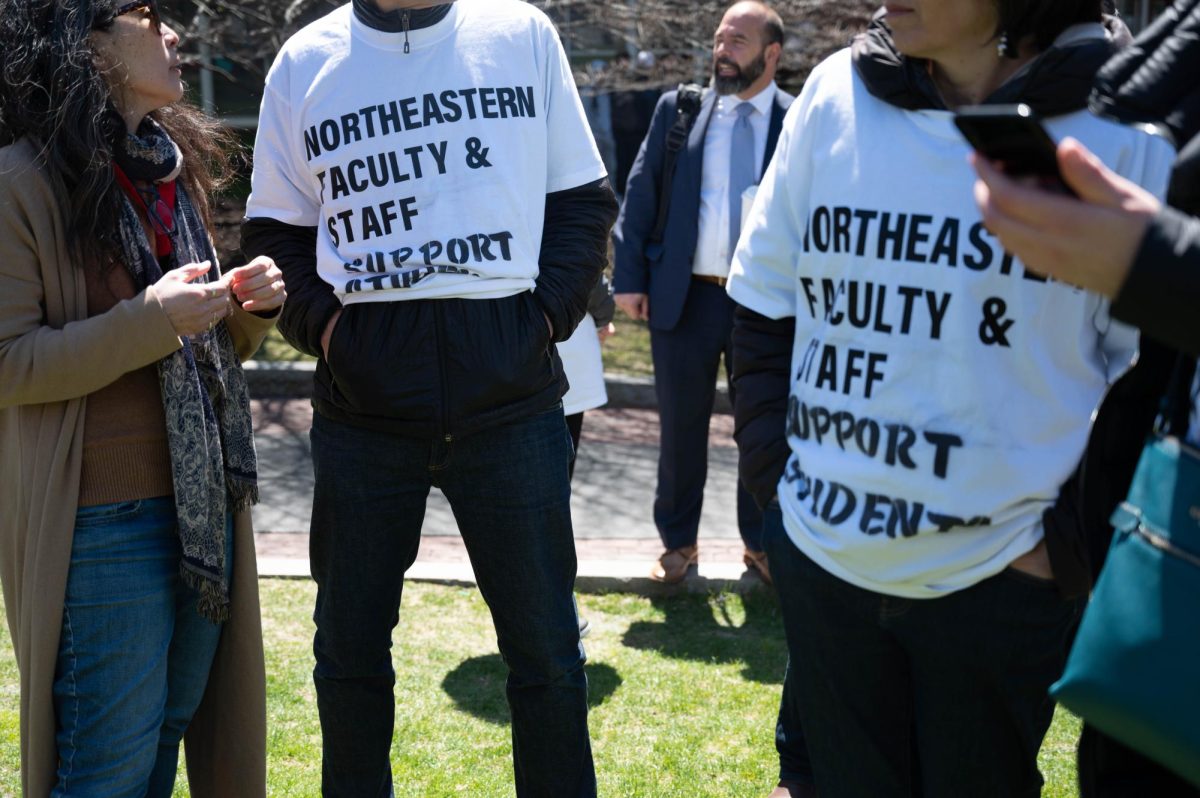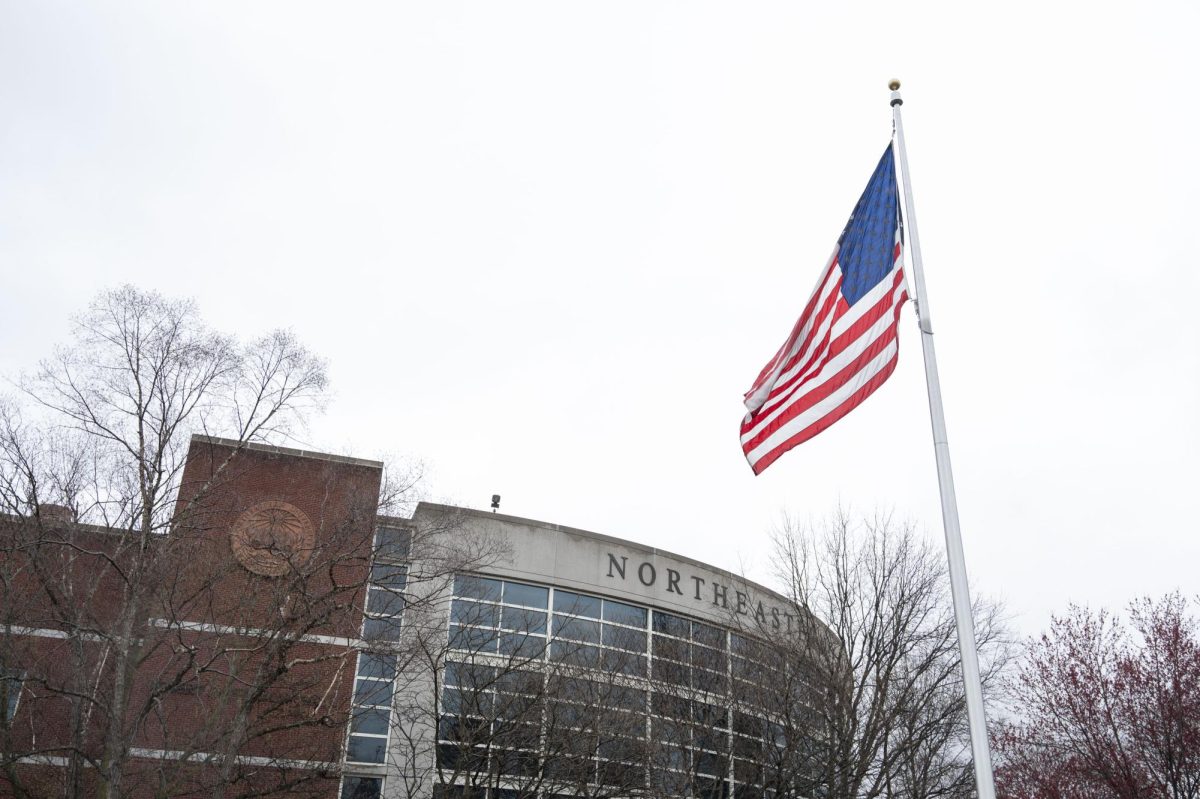By Stephanie Vosk
Dr. Jendayi Frazer, senior advisor to President George W. Bush on the Africa National Security Council, was on hand for the culmination of a three-day international educational workshop titled “Conflict and Peace-Making in Africa in the 21st Century” on Saturday. The event marked the final day of the workshop in Northeastern’s Raytheon Ampitheater.
Dr. Frazer spoke to members of the academic community, addressing the United States’ involvement in African government, and admitted that “we’re not so good at it.
“Our Africa policy is the least developed of our policies towards governance,” Frazer told the crowd.
She cited the three long-term challenges of the U.S. government on the African continent to be in the areas of governance, hostility between neighboring countries and the poverty that is overwhelming much of the continent.
Though President Bush has met with 27 heads of state in Africa over the last two years, and six cabinet members have traveled to the continent, Frazer explained that the state of Africa has no major impact on the United States. The continent does not hold a large American population and is not central to the U.S. economy, despite the fact that Nigeria is a leading controller of the world’s petroleum.
“That’s probably Condoleezza [Rice] calling, by the way,” Frazer remarked as her cell phone rang. “When we’re sitting in the White House, we’re not talking about Africa because of its oil.”
She maintained, however, that, “We are interested in Africa, despite the lack of interest in Africa.”
Frazer said that while we cannot go in and tell the countries how to run their governments, the United States does play a key part in keeping the different parties moving towards a future peace. According to Frazer, the U.S.’s position of neutrality in Africa is the key to its effectiveness.
“We are not interested in the victor [of political races],” she said.
She explained that unlike the Clinton administration, who appeared to align themselves with Uganda, the Bush administration “subconsciously maintained our neutrality” to be effective, focusing on the fairness of the races.
In his State of the Union address in January, Bush announced that $10 billion in new funds would be awarded to HIV/AIDS relief in Africa.
Throughout the eight years of the Clinton administration, with a surplus in the national budget, Frazer said the global spending on HIV/AIDS only reached $600 million “when we had money in the bank.”
The Millennium Challenge Account, another U.S. initiative, will award $5 billion to poverty-stricken countries, with $1.3 billion included in the budget for 2004.
Frazer said that the current administration’s approach is based on dividing the continent into sub-regions as a unit of analysis rather than 54 individual countries.
“There are just too many,” she said.
By dividing the continent into eastern, western, southern, central regions and the horn of Africa, the U.S. is able to focus on “strategic countries” in each region that stand out based on their economy, military or the actual size of their region.
However, Frazer pointed out that the U.S. does not want to rely solely on what are considered strategic countries.
She said she would like to see “lessons learned” from the success the administration has seen.
Dr. Michael Nwanze, head of the Seminar Diplomacy Program at Howard University, and Dr. Kwamina Panford of the African American Studies Department at Northeastern, also spoke Saturday about the effectiveness of running a model Organization of African Unity (OAU) in the classroom.
“What interested me was the depth of understanding and the interest of students in this process,” Dr. Nwanze said.
Five to six students from each participating university are trained each year to represent an African country. In March, students from all over the United States and Canada gather in Washington, D.C. to hold their OAU conference.
“My students barely come to class and here you have students doing the same thing 24 hours a day and they take it so personally,” Nwanze said.
Each year, a crisis simulation is injected into the model at the last minute. For the conference’s 24th meeting this year, the conflict is likely to focus on Sudan and the Ivory Coast.
Nwanze’s theory is, “Allow the students to swim. Let them sink and come up.
“The student is completely and totally immersed in the world of African affairs,” he said. “You’re no longer an American or a Canadian, you are now an African.”
Nwanze also created a model NATO program and a Model Arab League.
“The model makes life easy for us in the classroom,” Dr. Panford said.
Panford, who trains Northeastern’s OAU team each year from January to March until they head to Washington, values his experiences and time spent on this endeavor.
From the model OAU conferences, students are able to see the place each represented country has in the real African world.
“I’ve been fortunate enough and been able to do a lot more than I would in other universities at Northeastern,” Panford said.








